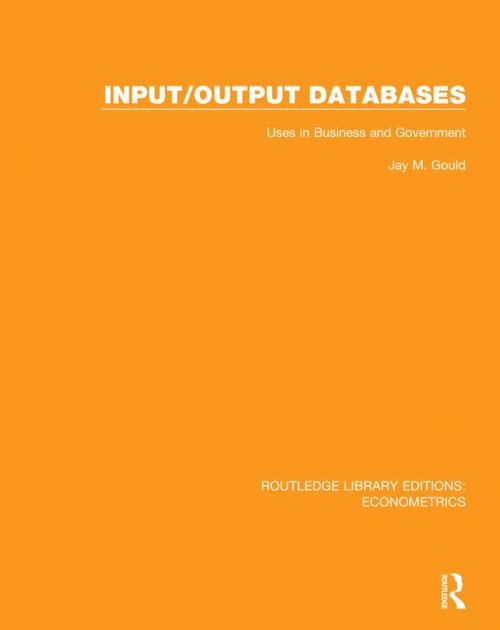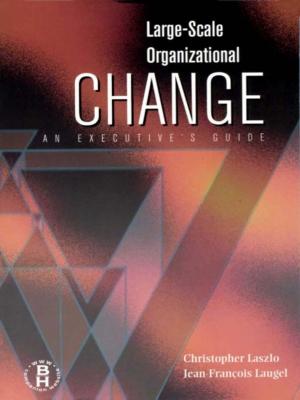Input/Output Databases
Uses in Business and Government
Business & Finance, Economics, Economic History| Author: | Jay M. Gould | ISBN: | 9781351140829 |
| Publisher: | Taylor and Francis | Publication: | April 9, 2018 |
| Imprint: | Routledge | Language: | English |
| Author: | Jay M. Gould |
| ISBN: | 9781351140829 |
| Publisher: | Taylor and Francis |
| Publication: | April 9, 2018 |
| Imprint: | Routledge |
| Language: | English |
Originally published in 1979. An Input/output database is an information system carrying current data on the intermediate consumption of any product or service by all the specified major firms that consume it. This book begins with a survey of how the interrelationships of an economic system can be represented in a two-dimensional model which traces the output of each economic sector to all other sectors. It talks about how the use of such databases to identify major buyers and sellers can illuminate problems of economic policy at the national, regional, and corporate level and aid in analyzing factors affecting the control of inflation, energy use, transportation, and environmental pollution.
The book discusses how advances in database technology, have brought to the fore such issues as the right to individual privacy, corporate secrecy, the public’s right of access to stored data, and the use of such information for national planning in a free-enterprise society.
Originally published in 1979. An Input/output database is an information system carrying current data on the intermediate consumption of any product or service by all the specified major firms that consume it. This book begins with a survey of how the interrelationships of an economic system can be represented in a two-dimensional model which traces the output of each economic sector to all other sectors. It talks about how the use of such databases to identify major buyers and sellers can illuminate problems of economic policy at the national, regional, and corporate level and aid in analyzing factors affecting the control of inflation, energy use, transportation, and environmental pollution.
The book discusses how advances in database technology, have brought to the fore such issues as the right to individual privacy, corporate secrecy, the public’s right of access to stored data, and the use of such information for national planning in a free-enterprise society.















